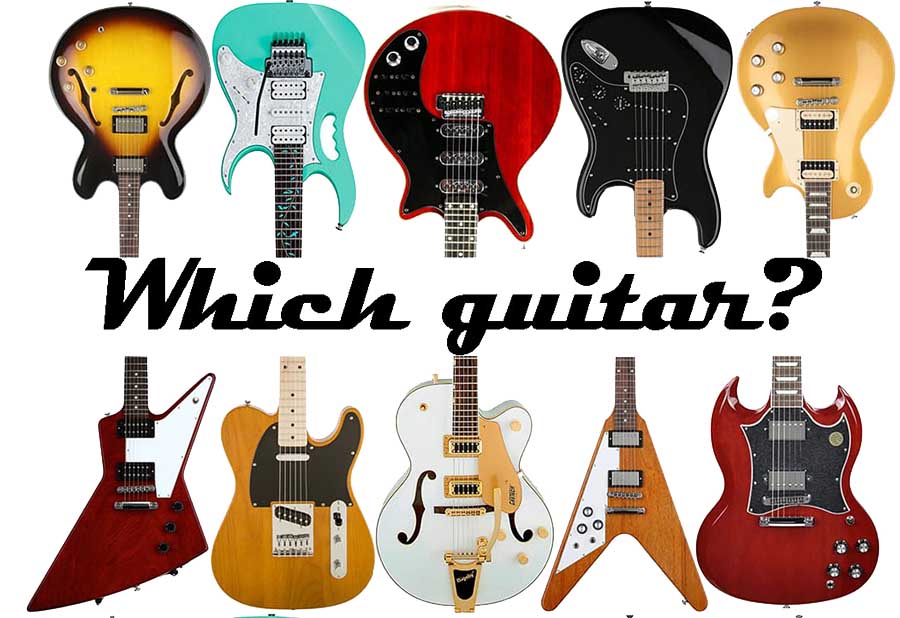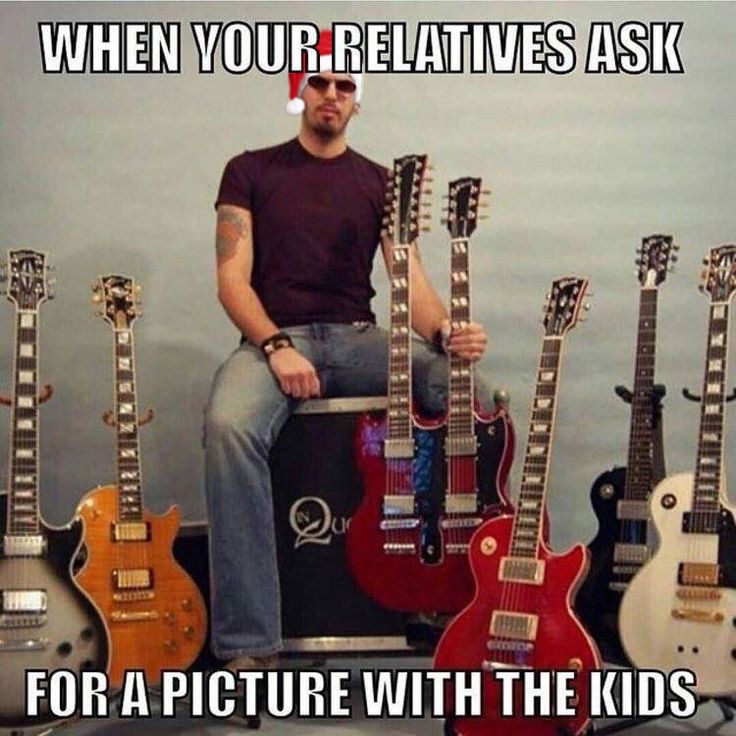Don't buy an Electric Guitar until you read these specification basics

7 things to look for in a guitar specification
- Pickups: Arguably the most important guitar tone factor. You find single coil pickups on Fenders whilst on a Gibson you’ll find humbuckers. Each has characteristic tones which can be manipulated by switching between neck and bridge pickups.
- Weight: if you have a bad back like me it is a big issue to stand with a heavy weight strapped around your neck. I remember my Gibson Les Paul, it was like hanging an engine block!
- Strings: Not strictly having anything to do with guitar choice as you can put any strings of your choosing on any guitar. As a general rule though, the thicker they are, the more they sustain. Whatever string gauges you use replace strings often to preserve tone (they say 12 hours playing or a month, whichever happens first).
- Action: how high off the frets the strings are affects playability. A low action is described as ‘fast’.
- Frets: not just the number (usually 24 on an electric) but their height. e.g. Jumbo frets for more sustain
- Profile: a cross section of the neck – categorized as a D, C, or V shape of different radius depending on make/model
- Scale length: this is the distance between the guitar's bridge and its top nut the slotted slice of bone or plastic near the first fret. Fender guitars have a 25.5" scale. Gibson models come in at 24.75"
Within the above specifications it should be obvious that there are infinite variations! You don’t choose a guitar off a spec sheet, you judge it holistically, as a whole – by playing it.
In the search for your ideal guitar, like your quest for romance, you must kiss a lot of frogs to find a prince!
Experiment, play as many guitars as you can get your hands on.
Guitar genres

😍When you find your perfect guitar, you fall in love.💝
One starting point in choosing a guitar is to ask 'what guitar does my hero play'?
I’m guilty. I bought my Ovation Breadwinner because I saw a couple of guys from Earth, Wind and Fire playing them on an album cover and I wanted my rhythm playing to sound funky like them. It was the first production guitar with active electronics and did indeed deliver what I wanted. However, look at the funkiest rhythm player ever (Nile Rogers) and he uses a Fender Stratocaster. Go figure!
I don't set much store on judging guitars by genres as I tend to crossover several, you will find there is crossover between the different brands and models of guitar between genres. It's really more important how you play it rather than which brand or model it is.
|
Genre |
Type |
Sample Brands and models |
|
Jazz |
archtop, hollow body with single cut-out like George Benson's guitar, an Ibanez LGB30 |
Gibson Barney Kessel |
|
rock and metal players |
Solid body, low action, and Floyd Rose |
Ibanez, PRS |
|
Blues |
they even have names (B.B.King's Lucille) |
Strat, Fender Telecaster, Les Paul |
Signature guitars are the logical extension of the guitar hero approach; these are special edition versions that are replicas of your fave guitarists setup.
You could always take signature guitars to extremes by finding the make/model/year that your hero plays - but second-hand vintage is a minefield with many fakes out there.
The first thing you should do with your new guitar
When I lived by the sea my local guitar store fought a running battle with the corrosion in the sea air to keep the guitar strings on their stock from being rusty. Imagine, they had high-end guitars that you couldn't play without shredding your fingers! That could not have been good for sales.
Of course, a professional guitar store will keep their stock in good order but even then, a guitar will have only been factory setup. By that I mean the instrument will have had limited adjustment to optimum performance e.g. action, intonation etc.
The first thing you should do with your new guitar is take it to a Luthier, a craftsperson who builds and/or repairs string instruments. They will adjust the truss rod to ensure the neck is straight, along with other tweaks that will ensure your instrument sounds and performs at its best.
conclusion
Best advice - unless you've got money to burn don't aim to get your one true guitar straight away. Learn to play on a budget guitar first.
I love you baby but not like I love my guitar! -- Prince
NEXT >> guitar amp by genre

